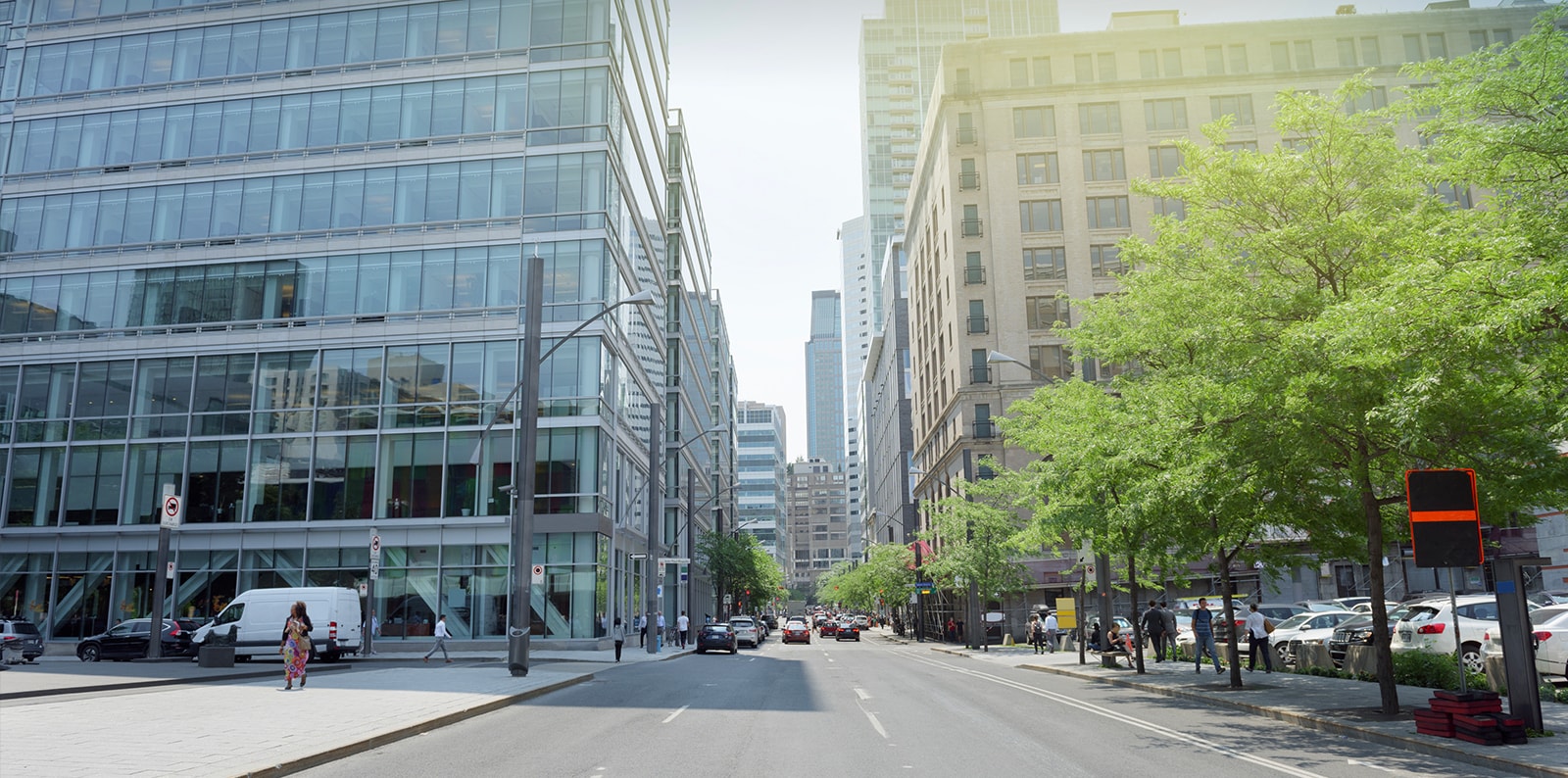Canadian real estate prices are currently experiencing a period of stagnation, with the market showing only mild recovery signs after a recent correction. According to the Canadian Real Estate Association (CREA), the price of a composite benchmark home rose by 0.8% in April, reaching $735,900. Despite this increase, prices are still 0.9% lower than a year ago, reflecting a sideways movement that is causing uncertainty among buyers and sellers.
The sideways trend in residential prices could have important implications for Quebec’s commercial real estate market. Historically, a stable residential market boosts investor confidence, which in turn can drive activity in commercial properties. However, the current inability of home prices to surpass previous seasonal highs suggests potential downward pressure on asset values.
The sideways movement in the residential market can create uncertainty and lead to more thorough risk assessments before committing to new commercial real estate investments. Investors will likely seek to understand the potential long-term impacts of these trends on property values and rental incomes.
Further complicating the market dynamics is the Canadian government’s proposed changes to the capital gains tax. The 2024 budget aims to increase the capital gains inclusion rate from 50% to 66.7%, purportedly targeting the wealthiest Canadians. However, data from Statistics Canada indicates that this policy will impact a broader range of taxpayers, particularly Baby Boomers who are approaching retirement. These individuals are more likely to encounter one-time windfalls from selling businesses or inherited properties, rather than consistent high earnings.
Composing a significant part of Quebec’s commercial real estate landscape, this demographic may delay selling their businesses or properties, leading to a potential decrease in available commercial properties for sale. Investors may need to adjust their acquisition strategies and timelines accordingly.
The Canadian Federation of Independent Business (CFIB) estimates that 76% of small business owners plan to retire within the next decade, involving nearly $2 trillion in asset transfers. Increased taxation on these transactions could discourage investment and slow down market activity, as potential buyers might hesitate to acquire businesses facing higher tax liabilities.
The market’s sideways movement and the impending tax changes could foster a conservative investment climate. Investors may need to adjust their strategies, focusing on properties and sectors that are less vulnerable to these shifts. Industrial and multifamily properties, for instance, should present more stable opportunities.
With the capital gains tax set to rise, investors will likely pay more attention to tax planning and financial strategies. This could include structuring transactions to minimize tax liabilities, leveraging tax incentives, and exploring alternative investment structures
Additionally, staying informed about further policy changes and market trends will be crucial for continued sound investment decisions. The current stagnation in Canadian residential real estate prices, combined with upcoming changes to the capital gains tax, presents challenges and opportunities for Quebec’s commercial real estate market.
Investors and professionals must navigate this landscape with caution, staying attuned to market signals and policy developments. By doing so, they can identify resilient investment opportunities and make informed decisions that align with the evolving market dynamics.
How do you see these changes impacting your commercial real estate investments?


